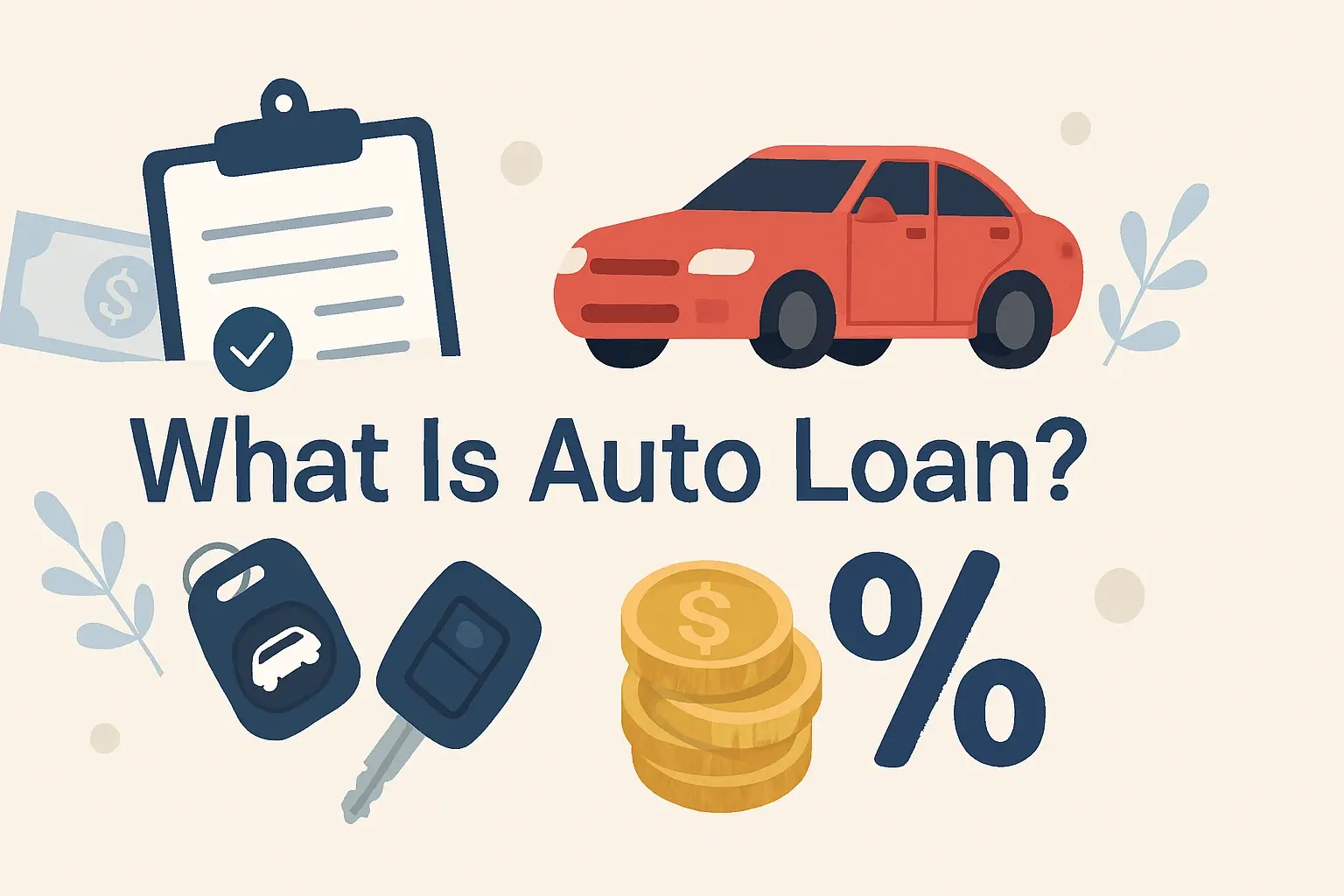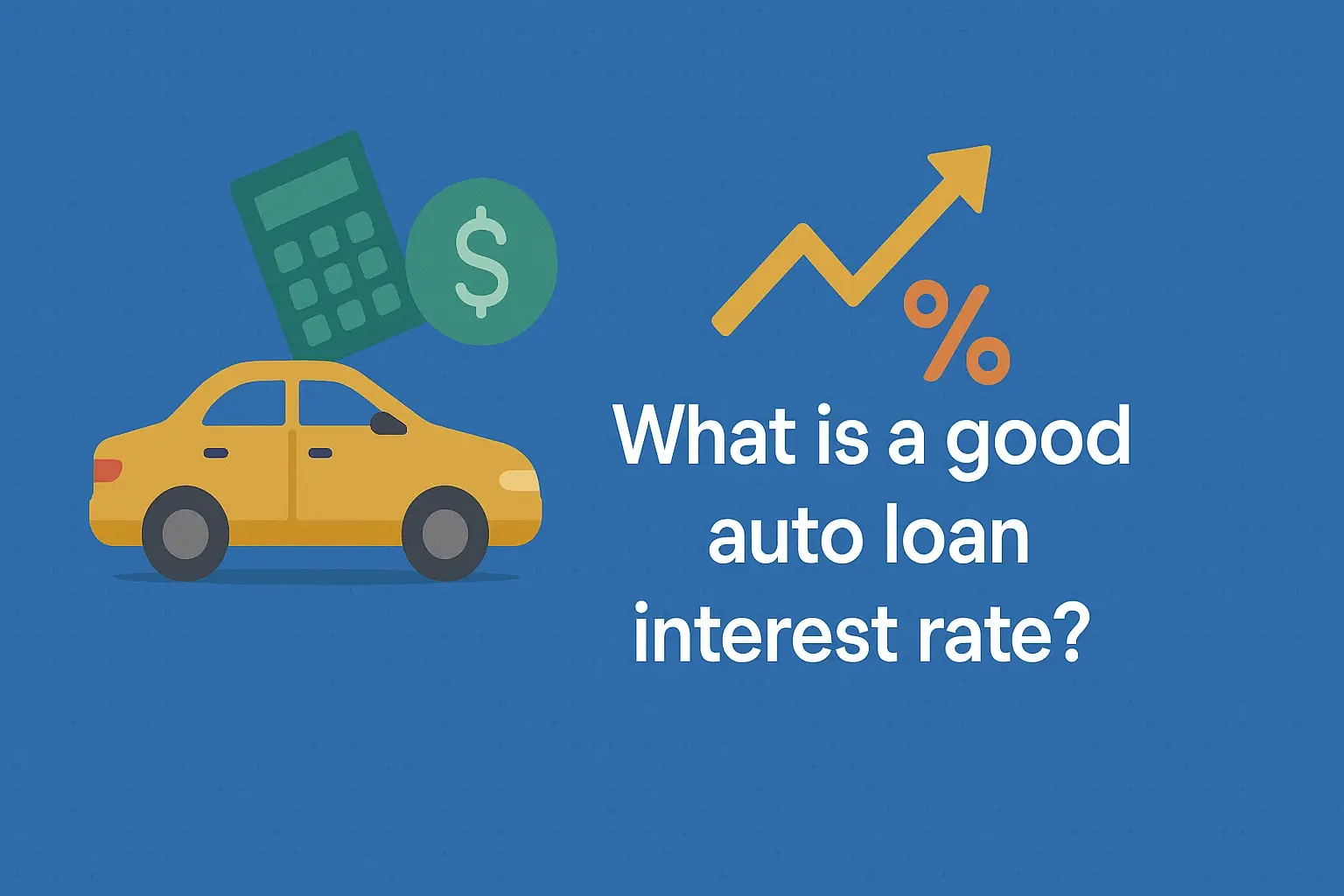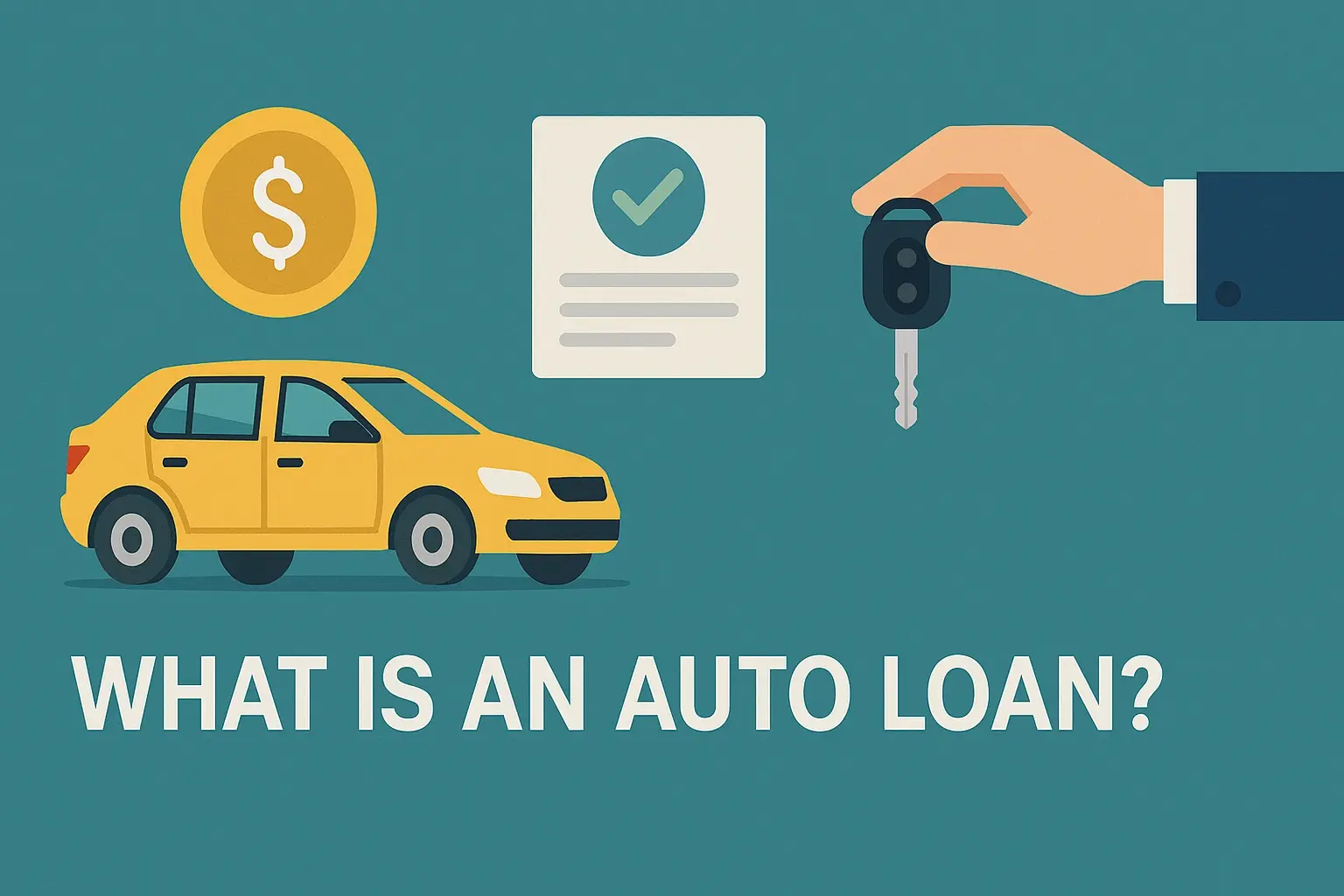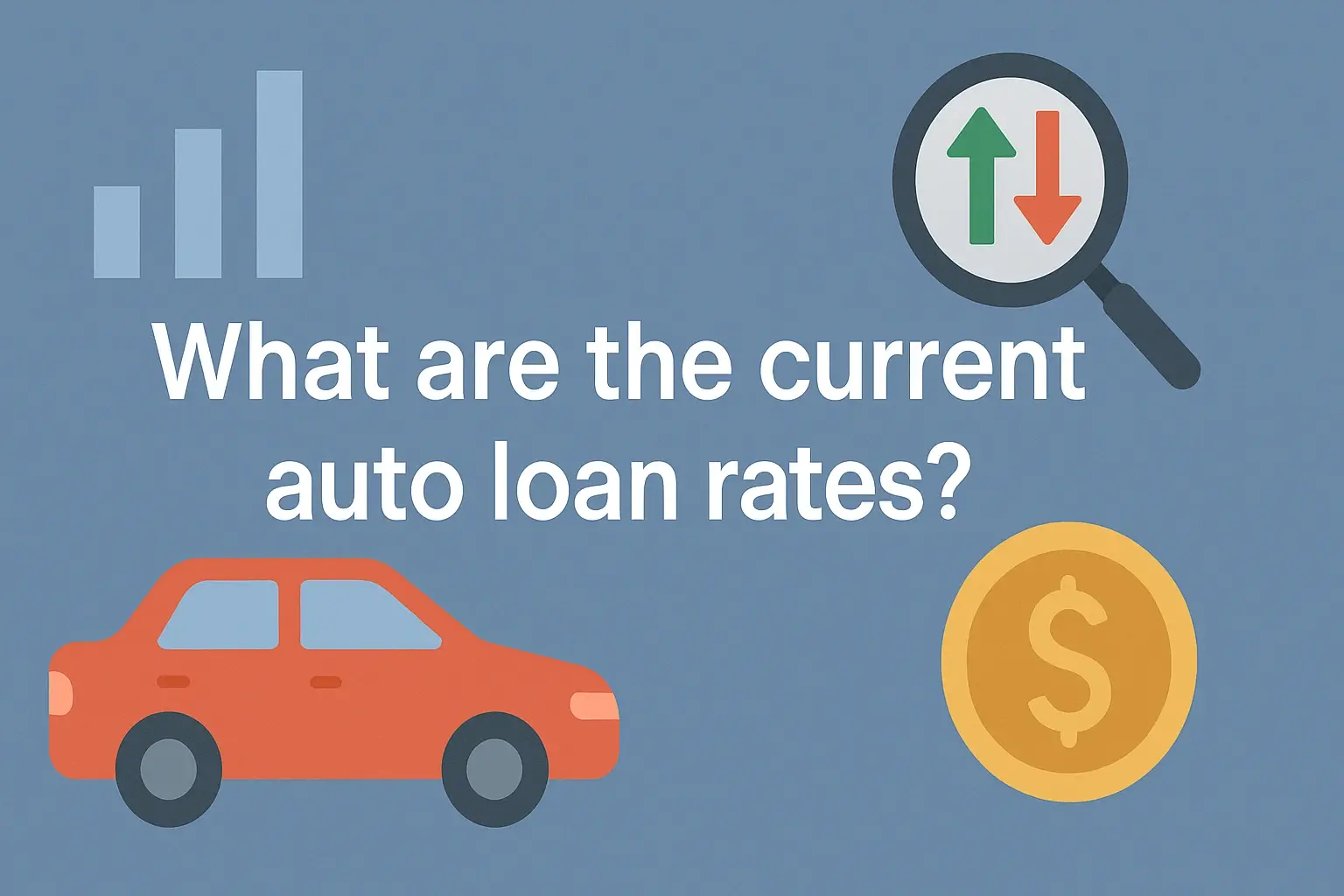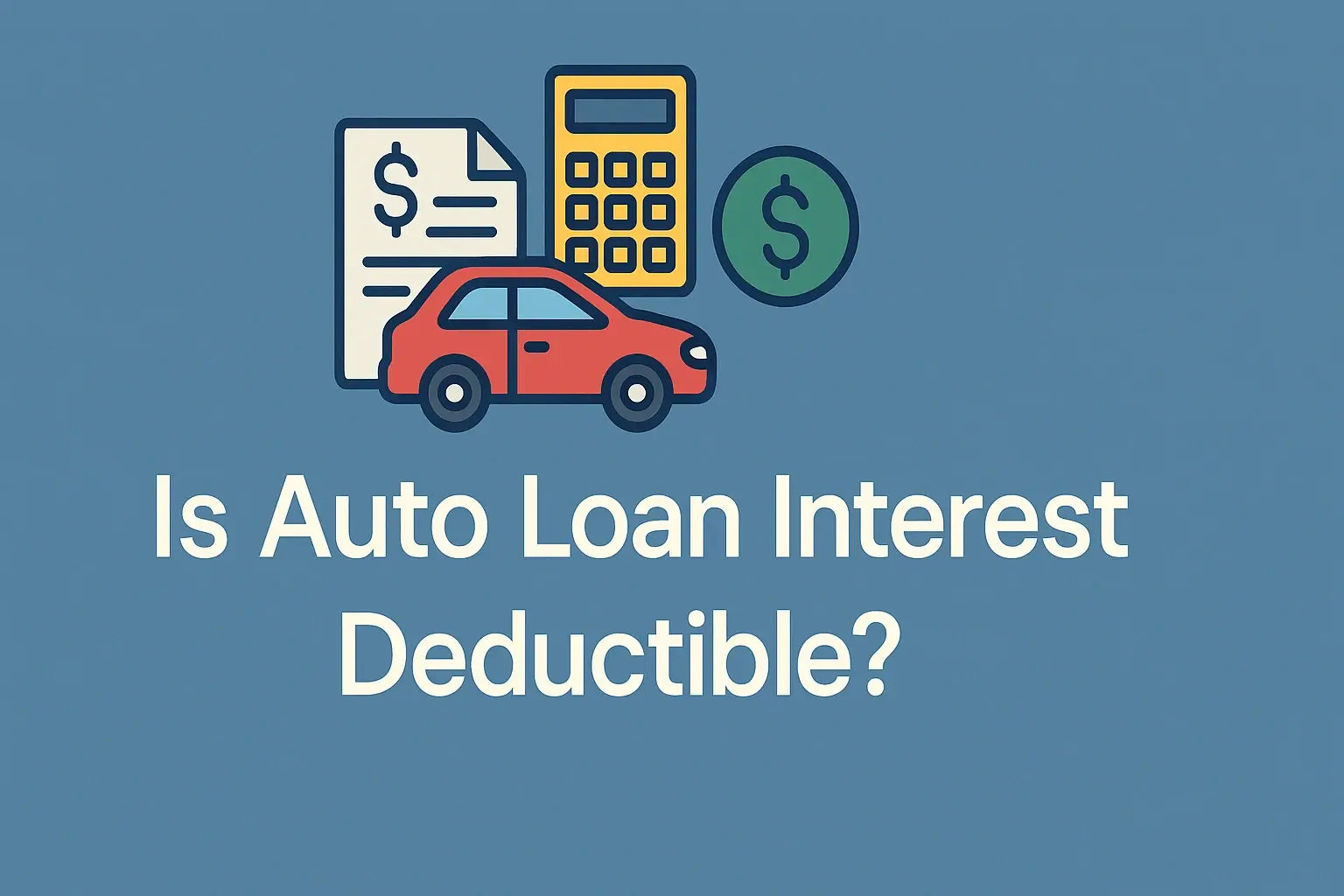-
Posted on: 26 Aug 2025
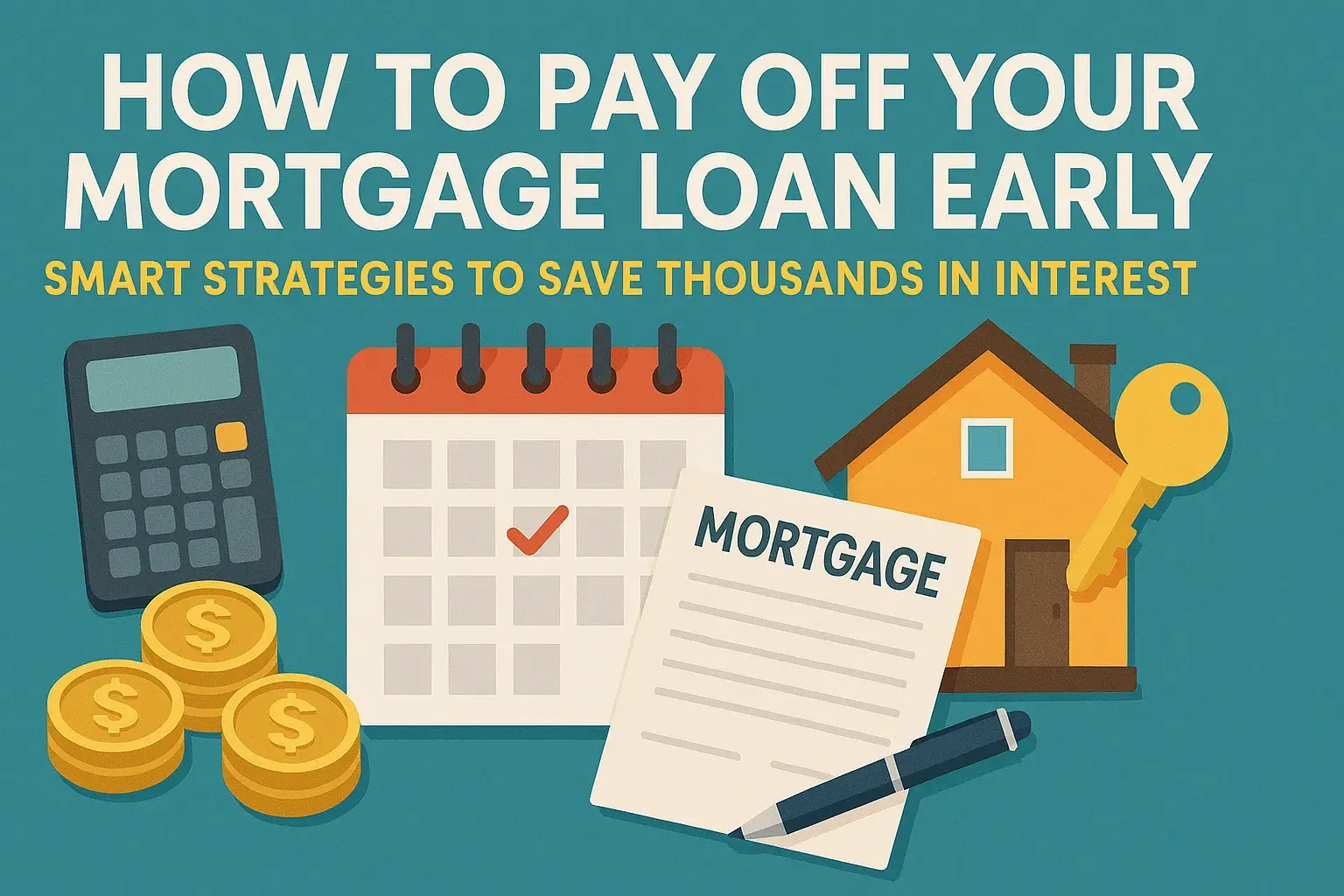
-
Imagine waking up one day knowing your home is truly yours, no more monthly payments hanging over your head. That's the dream for many homeowners, financial planners, and those chasing debt freedom. Paying off your mortgage loan early isn't just about crunching numbers; it's about reclaiming your life from debt's grip. The emotional high of owning your home free and clear provides unmatched peace of mind and a sense of security in uncertain times. Financially, even modest extra payments can slash thousands—or tens of thousands—in mortgage interest, improving your cash flow and setting you up for a stronger retirement. This blog dives into actionable early mortgage repayment tips to help you pay off your mortgage faster and achieve debt-free homeownership.
Why Pay Off Your Mortgage Early?
Let's start with the heart of it. Emotionally, ditching your mortgage brings incredible relief. No more stressing over payments if life throws a curveball like a job loss or health issues. It's a foundation of stability, especially as you near retirement. Many report sleeping better, feeling empowered.
On the money side, interest savings are huge. A typical 30-year mortgage at current averages around 6.5-6.7% meaning you pay almost as much in interest as the home costs. For a $300,000 loan at 6.5%, total interest hits $382,632 over 30 years. Pay it off in 20 years? You save over $100,000.
Long-term, it boosts retirement by eliminating a big expense, letting savings last longer. Plus, full ownership means easier access to equity for emergencies.
Benefit Type Description Example Impact Emotional Peace of mind, security Reduced stress, better sleep Financial Interest savings, cash flow $100k+ saved on $300k loan Retirement Lower costs, equity access Stretch savings 5-10 years longer Understanding Your Mortgage Terms
To tackle payoff, grasp how mortgages work. Interest is front-loaded via amortization, a schedule showing principal vs. interest over time. Formula: Monthly payment = P * (r (1+r)^n) / ((1+r)^n - 1), where P is principal, r monthly rate, and n months.
For $300,000 at 6.5%, monthly $1,896: first payment ~$1,625 interest, $271 principal. By year 15, it flips.
Lenders prioritize interest in payments, so extras must specify "principal only" to maximize impact.
Top Strategies to Pay Off Your Mortgage Early
Here's the meat of detailed mortgage prepayment strategies.
Make Biweekly Mortgage Payments
Biweekly means half-payment every two weeks, totaling 26 halves or 13 full payments yearly. Benefits: aligns with paychecks, builds equity faster. On $300,000, saves ~$80,000 in interest, cuts 5 years. Drawback: potential setup fees.
Round Up Your Payments
Simple: round $1,896 to $2,000. An extra $104/month to the principal shortens the term by years.
Make One Extra Payment Annually
One bonus payment yearly mimics biweekly, easy to implement.
Use Windfalls
Tax refunds ($3,000 average) or bonuses to principal. $5,000 lump sum saves $10,000+ interest over time.
Make Extra Principal-Only Payments
Add $100/month: for $300k, reduces to 25 years, saves $60k interest.
Refinance to a Shorter Term
Go from 30 to 15 years. At 5.65%, the monthly rise saves $200k in interest.
Use a Mortgage Payoff Calculator
Free tools simulate scenarios.
Avoid Lifestyle Inflation
Raises? Apply for a mortgage, not new cars.
Strategy How It Works Potential Savings on $300k Loan Biweekly 13 payments/year $80k interest, 5 years off Extra $100/mo Add to principal $60k, 4-5 years off Refinance 15yr Shorter term $200k interest Should You Pay Off Your Mortgage Early?
Pros: Save interest, build equity, and peace. Cons: Liquidity loss, no tax deduction, opportunity cost if investments return 10% vs. a 6.5% rate. Smart if rate > expected returns or near retirement.
From the pros/cons table:
Pros Cons More monthly cash Miss market gains Interest savings Lose deduction Equity boost Budget strain Mistakes to Avoid When Paying Off a Mortgage Early
- Not exploring options: Compare investing vs. payoff.
- Extras not to principal: Specify!
- Ignoring penalties: Check contract; 3% on $250k = $7,500.
- Going cash-poor: Keep 3-6 months of emergency.
- Wrong refinance: Ensure affordable.
Real-Life Examples or Case Studies
A UK couple cleared £330k in 7 years by cutting luxuries. US millionaires average 10 years. One investor quit stocks to pay off, gaining peace despite lower returns.
Tools and Resources to Help You
Calculators: Bankrate, Ramsey, NerdWallet. Apps: Mint for tracking. Planners: Fee-only via NAPFA.
Final Thoughts
Recap: Use biweekly, extras for how to pay off the mortgage loan early. Start today—small steps lead to big savings and freedom.
Faq
What are the benefits of paying off a mortgage early?
Emotional security, interest savings up to $200k, better retirement cash flow.
How much can I save by paying off my mortgage early?
On $300k, $100k+ via extras.
Does paying extra principal reduce monthly payments?
No, but shortens the term unless recast.
Can I pay off my mortgage in 5 or 10 years?
Yes, aggressive strategies like extras/refinance.
Are there penalties for paying off a mortgage early?
Possibly; check.
Is it better to invest or pay off the mortgage early?
If returns > rate, invest; else payoff.
How do biweekly mortgage payments work?
Half monthly every 2 weeks = extra payment yearly.
What is the fastest way to pay off a mortgage?
Combine extras, refinance, windfalls.







